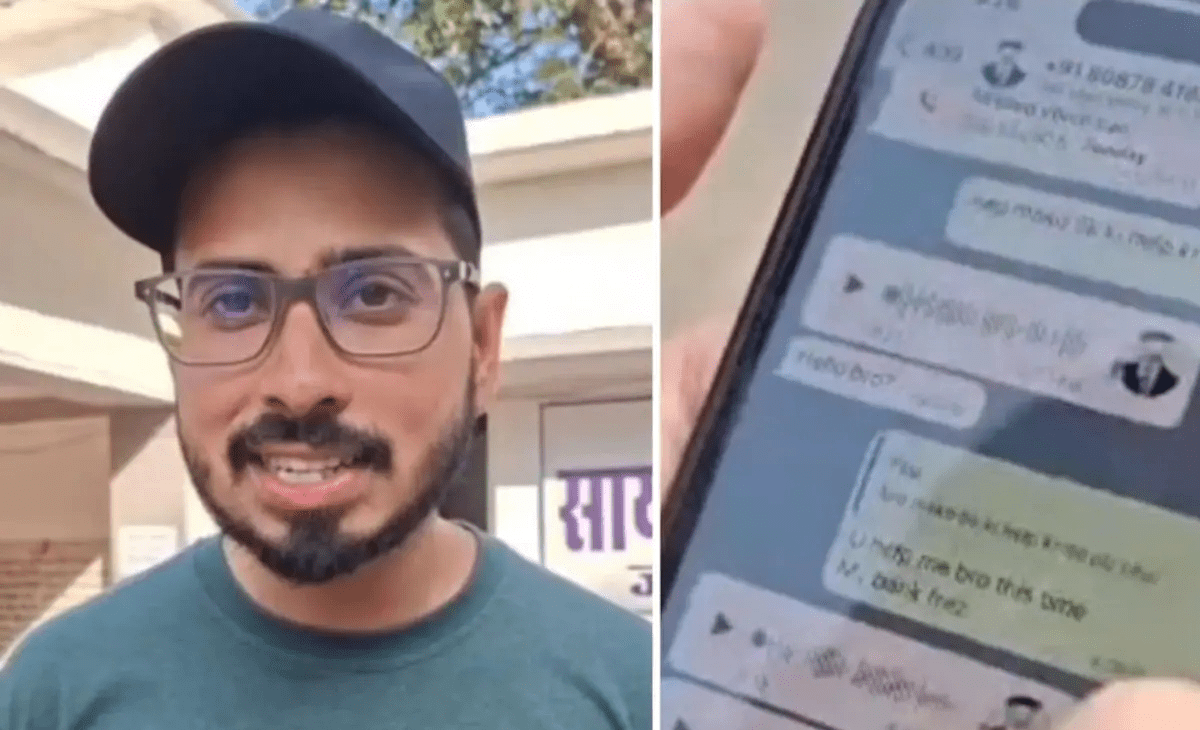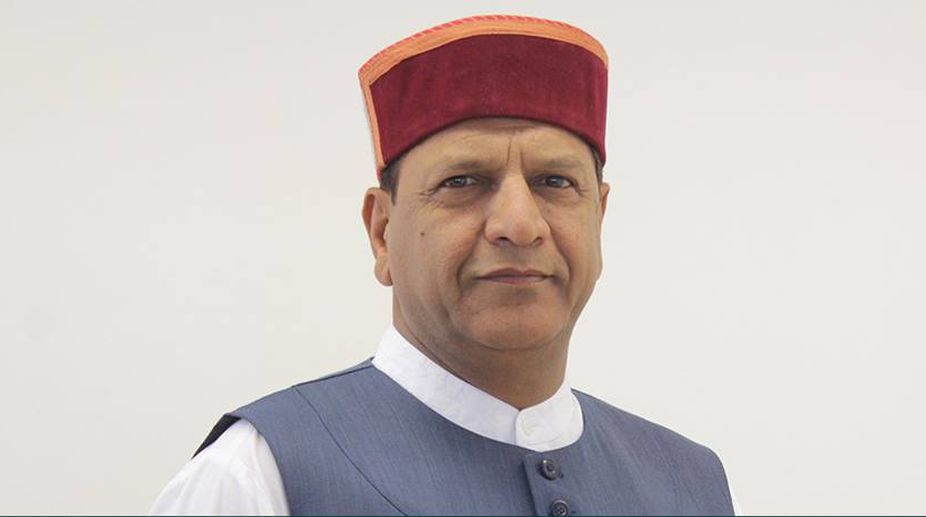Jabalpur cyber police probe gang behind fake copyright strikes
TNR News Network
In what is being termed a first-of-its-kind cybercrime case in Jabalpur in Madhya Pradesh, a 28-year-old social media influencer, Azim Ahmed, reportedly lost Rs 50 lakh to cybercriminals who blackmailed him with threats of having his Instagram pages suspended.
Ahmed, a software engineer-turned-digital entrepreneur, runs 96 Instagram pages with a combined following of nearly 57 million users.
The influencer, who began his online journey in 2017 and saw a major surge in reach during the 2021 Covid lockdown, co-founded a digital marketing firm, Whoopy Digital, along with friends. His rapid success, however, made him the target of an elaborate extortion scheme that exploited social media’s automated copyright systems.
Extortion through fake copyright strikes, spoofed emails
Ahmed said that for almost a year, he had been receiving false copyright claims and messages from unknown individuals posing as mediators, demanding money to prevent account suspensions. “They claimed my posts violated their content rights and that my pages would be deleted if I didn’t pay. Some even called from Pune, asking for Rs 25,000 to Rs 30,000 to remove fake strikes,” he recounted.
Fearing that losing his pages would destroy his livelihood, Ahmed gave in to the demands multiple times, transferring money through various channels. The scammers even sent emails designed to look like official Instagram communication, which further convinced him of their authenticity.
Cyber cell investigates new-age online extortion
Jabalpur Cyber Cell in-charge Neeraj Negi confirmed that an investigation is underway, calling it a “new form of cyber fraud” aimed at exploiting social media’s automated moderation systems. “Fraudsters are using fake copyright claims to create fear. When multiple strikes are filed, Instagram’s algorithm can suspend or flag an account,” Negi said.
The cyber cell is now coordinating with Instagram’s internal security team to track the digital footprints of the accused and determine how these fraudulent reports are being generated. Officials believe the case could expose a larger extortion network targeting high-profile influencers across India.





